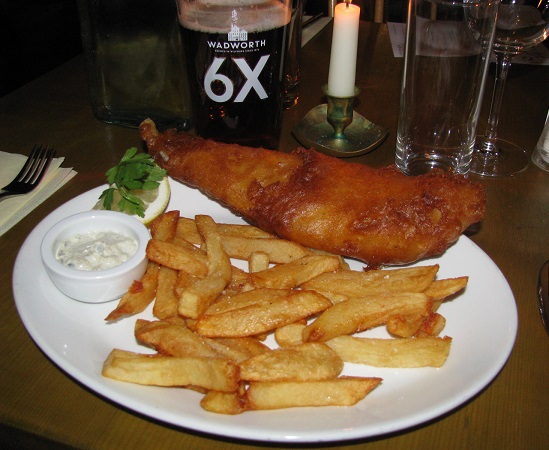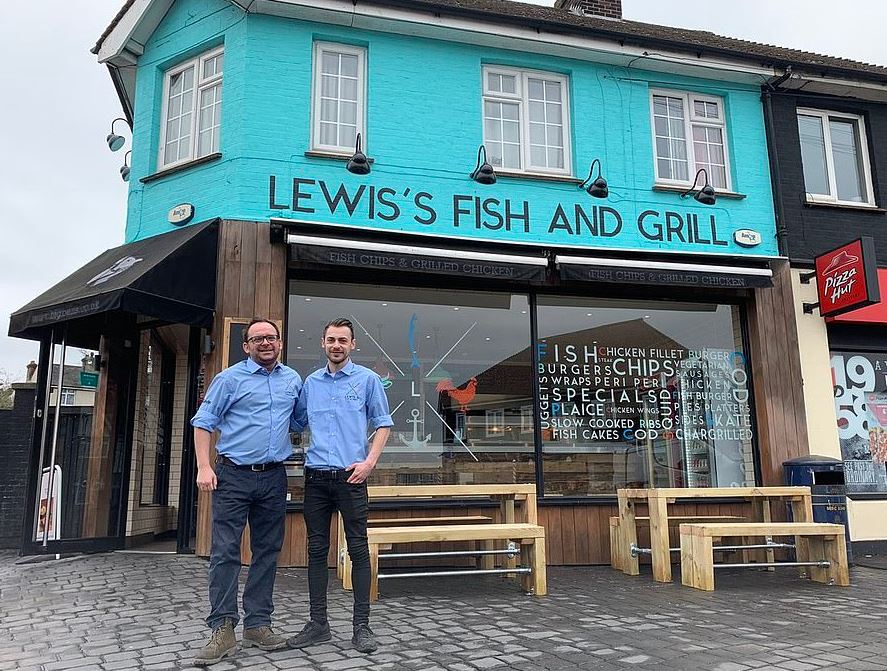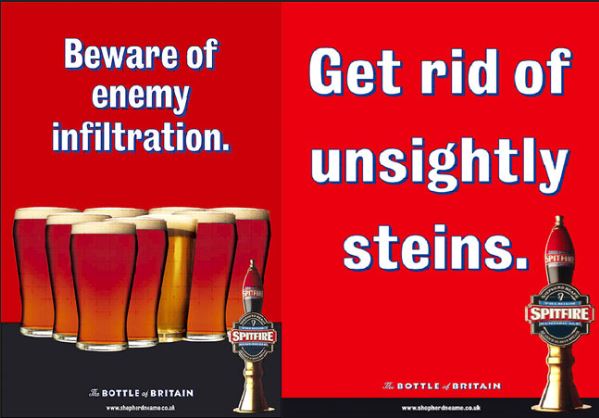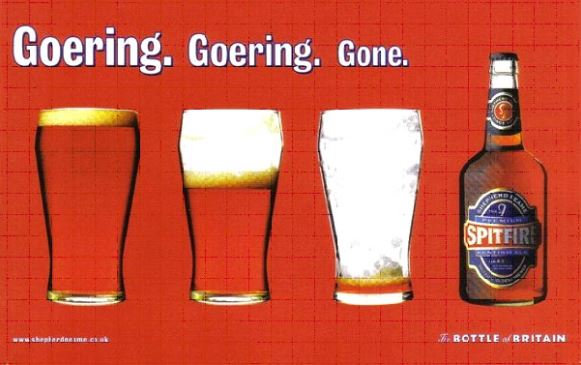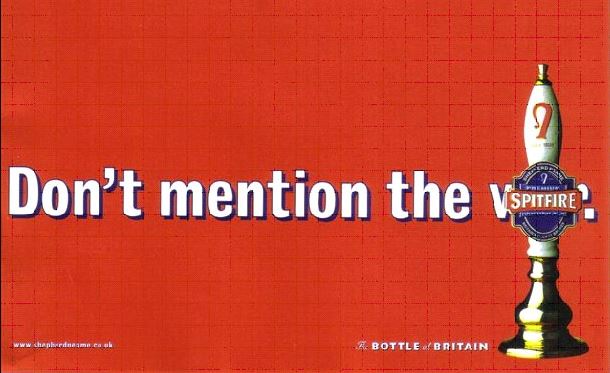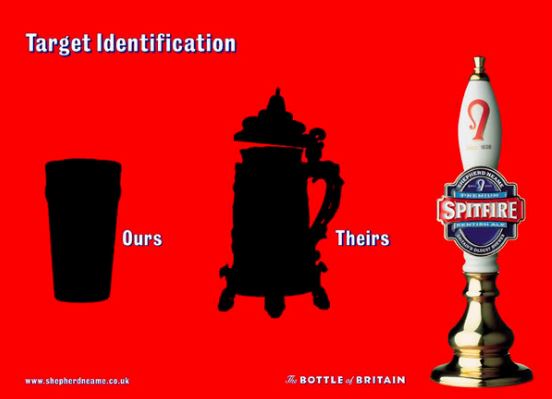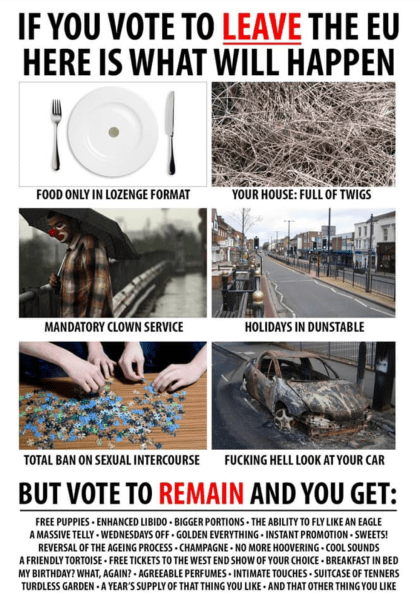Sure, let’s have some snowflake college-dropout coffee jockeys refuse to serve their company’s overpriced shit beverage — again — and when CoffeeMegaCorp Inc. discovers the transgression, they go all “failure of training” and “re-education / retraining” handwringing, and make some token effort at rapprochement.
Here are a couple of my thoughts on the matter.
- Refusing to serve people in uniform — be it police, armed forces or firemen, whatever — is not a “failure of training”. In this case, it is a conscious and complete rejection of one of society’s primary institutions (to protect society’s members from the predations of others, or the apprehension and removal of said predators from society). That such snowflakes have come to consider law enforcement as “The Enemy” and therefore worthy of such shunning is a topic for another time.
- As I’ve said before, this bullshit does not happen in isolation. Clearly, the refuseniks feel that they can get away with this behavior — by undergoing lip-service token “retraining” — and at some point, one has to think that CoffeeMegaCorp. is somehow complicit in this disgusting activity, whether by corporate culture, or hiring practices, over-accommodation, or perceived weakness (by its employees).
Here’s what I want to see. Denial of service to police officers by an establishment should result in an immediate response from the police chief that his police force will no longer respond to distress calls or service calls from any or all of the corporation’s branches — in other words, if one employee at a branch of Starbucks does this again, then the police will in essence deny police service to all the Starbucks outlets in their jurisdiction. (The collectivist nature of this reaction should appeal to or at least be understood by those liberal/socialist cocksuckers known as Starbucks executive management, after all.)
And if (as in the above) service is not denied but simply delayed, then the police chief should institute a policy that their response to all distress calls from Starbucks stores will be delayed, not by an equivalent period of time, but one ten times longer — i.e. if a deputy has to wait six minutes for service, then police response to an emergency will take at least an hour to arrive.
And should Starbucks file suit against the police force for this reaction, let them drag this through the court system, at their peril.
If Starbucks employees want to set themselves apart from society’s institutions (for reasons I’m not interested in enumerating), then they should be denied the protection of those institutions, permanently. These assholes — employees and employers both — need to understand the true consequences of their actions.
And finally, if Starbucks management tries to kiss ass, e.g. “We are deeply sorry and reached out to apologize directly to them”, the police chief’s response should be to tell them to fuck off and die — in other words, no apology will suffice.
In Cold War terms, this attitude is called “massive retaliation” — where the response is actually far out of proportion to the initial incident.
And we need a lot more of this, to overcome the spoiled, self-entitlement and virtue-signaling attitude of people who are, in the final analysis, no more than flunkies (despite the high-sounding and pretentious titles created by Starbucks).
Finally, the police chief should reach out to other coffee shops in the area and negotiate a group discount for his deputies and their families at those establishments. If Starbucks doesn’t appreciate his officers’ business, the police officers should go where it is.
Fuck these woke shitbrains, all of them. I’m sick of their bullshit.
